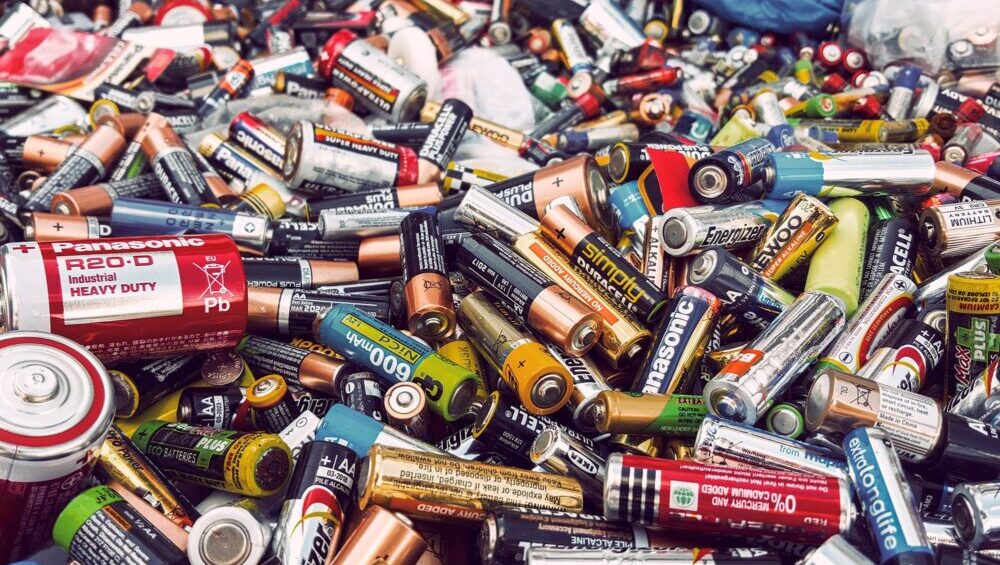Lithium batteries are known to have a very limited life span. They either lose most of their battery life or just stop working entirely within a few years, which is why recycling them is so important.
However, researchers at Stanford University have found a way to bring them back to life with even more capacity than before. This could significantly extend the battery life of electric vehicles and electronic gadgets in the future.
How it Works
As lithium batteries go through their cycle, they start accumulating bits of dead lithium that are cut off from the electrodes. This dead lithium reduces the battery’s capacity to store charge over the years.
The research team has managed to make this dead lithium move towards one of the electrodes until it reconnects. This practically reverses the unwanted process of a battery’s slow death. It not only makes the battery as good as new but adds even more capacity to it.
The researchers were able to do so by adding lithium metal at one end and dissolving it at the other end. This would direct the dead lithium’s growth in the direction of the electrode by adding a short, high-current discharging step just after the battery charges. Once the battery came back to life, it also added electrons to the current.
This slowed the degradation of their test battery and increased its lifetime by up to 30%. The researchers said:
We found that we can move the detached lithium toward the anode during discharging, and these motions are faster under higher currents. So we added a fast, high-current discharging step right after the battery charges, which moved the isolated lithium far enough to reconnect it with the anode. This reactivates the lithium so it can participate in the life of the battery. Our findings also have wide implications for the design and development of more robust lithium-metal batteries.
Hopefully, we will get to hear more about this research in the future and how it will help lithium batteries in smartphones, EVs, and other devices.
You can read more details of the research here.





















